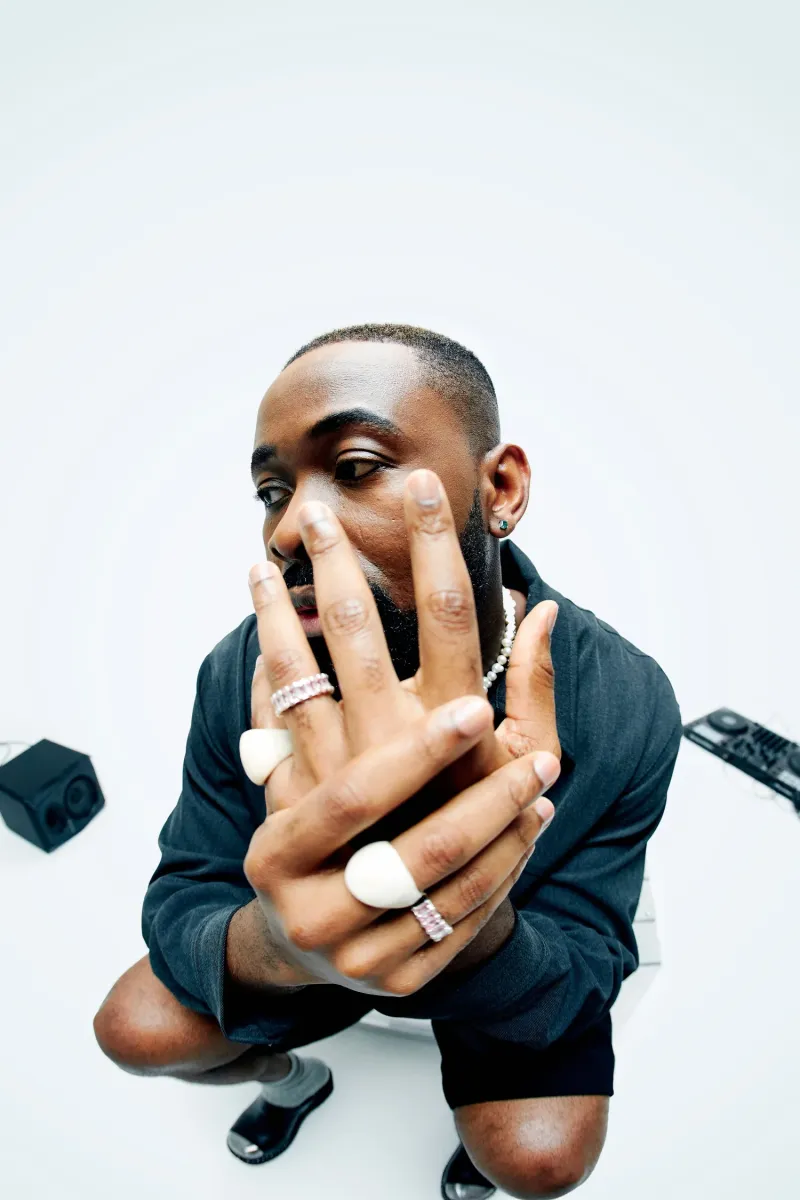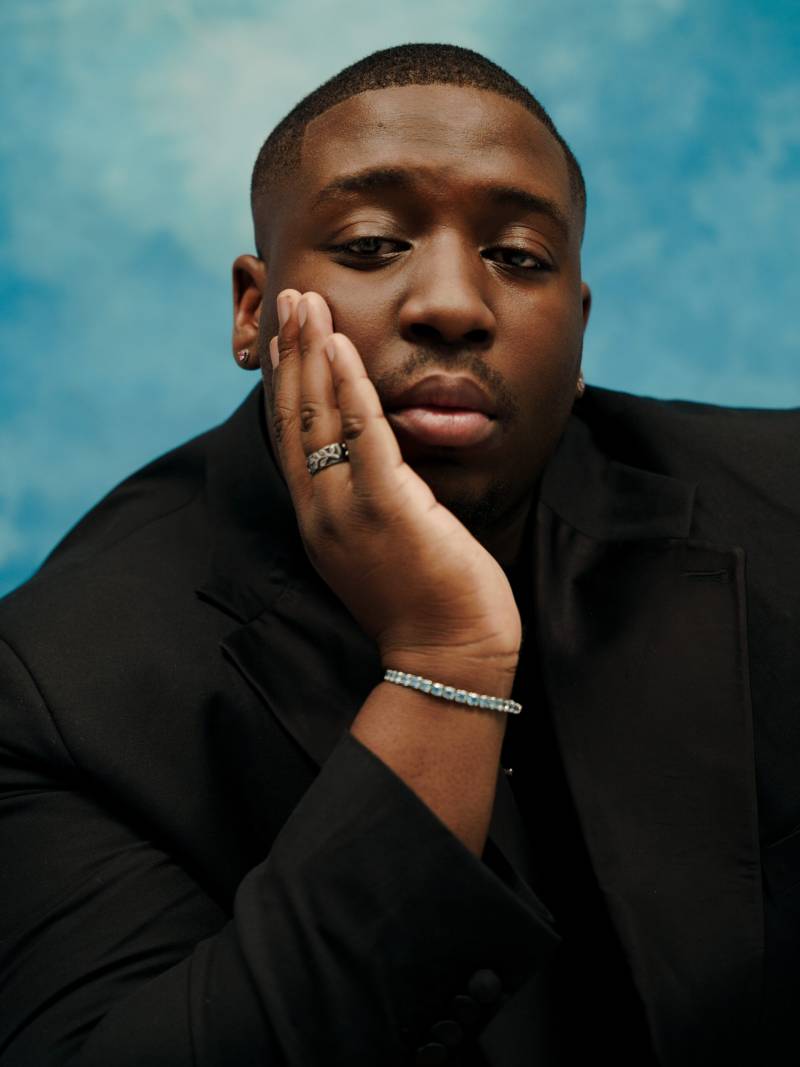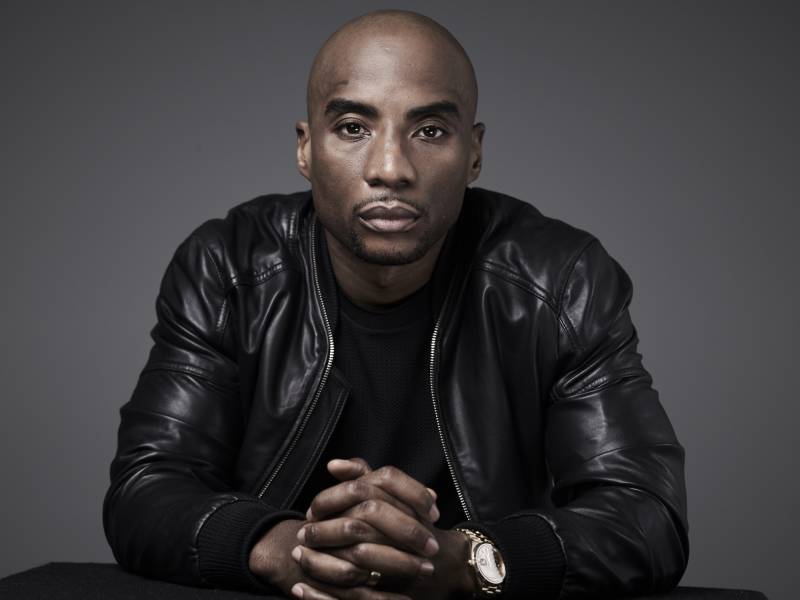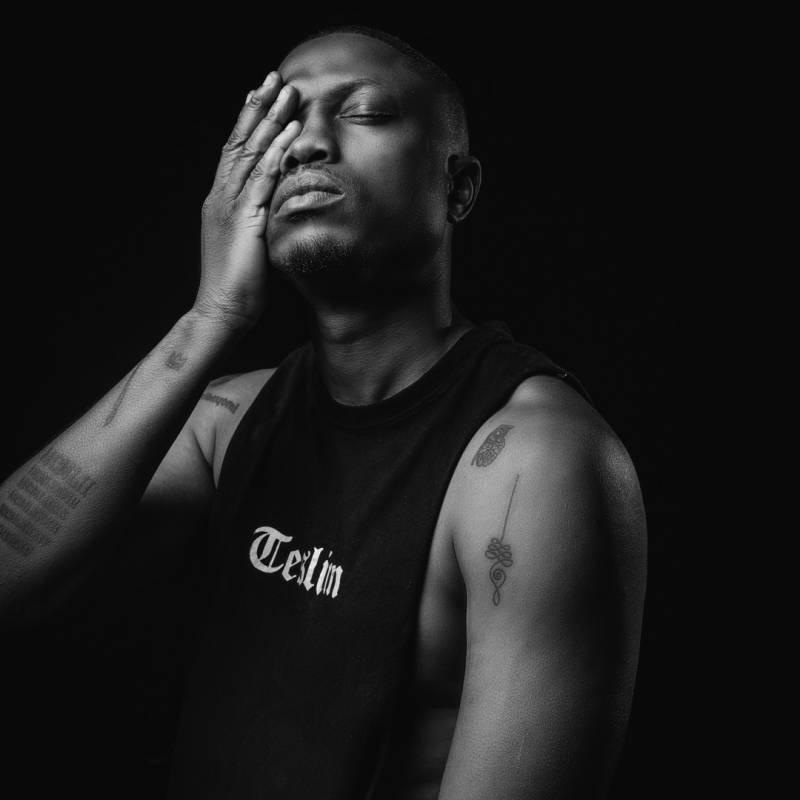"You can build atomic bombs, and you can build space rockets, but you cannot replicate the essence or transition from one zone of being to the other. It's this luminous area where we find the images of imagination." Wole Soyinka – the first Black African recipient of the Nobel Prize – reflects on his life and work. Wole Soyinka grew up "in a mish-mash of images, sound, textures" and became aware that he "might be a creative person" when he was five. He began to read when he was two, already fascinated by the printed word. "I related the stories the others used to tell us –folk tales, morality tales – to what I was reading," Soyinka began to imitate and retell these stories – "I think it was the first time I began to show signs of my creativity", he says. At the center of his work lies a belief in the human imagination." You can build atomic bombs, you can build space rockets but you cannot replicate the essence of transition from one zone of being to the other. It's this luminous area where we find the images of imagination. This applies also to the arts, applies also to music, in my view, and it applies just to the greatest works of art", Soyinka states. "And when any effort is made to desecrate, especially to manipulate it for material ends, for petty quarrels, it seems that humanity itself is betrayed. That's really, I think, why I keep returning to that in several of my works", Soyinka says. Wole Soyinka believes in art and explains its essence this way: "Art, for me, is so generous and undertaking. It makes you have your cake and eat it for the simple reason that art begins in reality. We can talk about fantasy, we can even talk about science fiction, we can talk about illusions, nightmares, hallucinations, but everything begins in reality." When Soyinka says “We can have our cake and eat it” it means that “we can use that reality against itself. We can imagine what would happen if that reality were not exactly so. And then without art, we begin to give reality dimensions that were hitherto unsuspected. It just loosens the mind." Wole Soyinka compares literature and art with religion: “With religion, you ask questions about what exists beyond the surface.

Related article - Korty eo -Zlatan got Robbed by a little girl
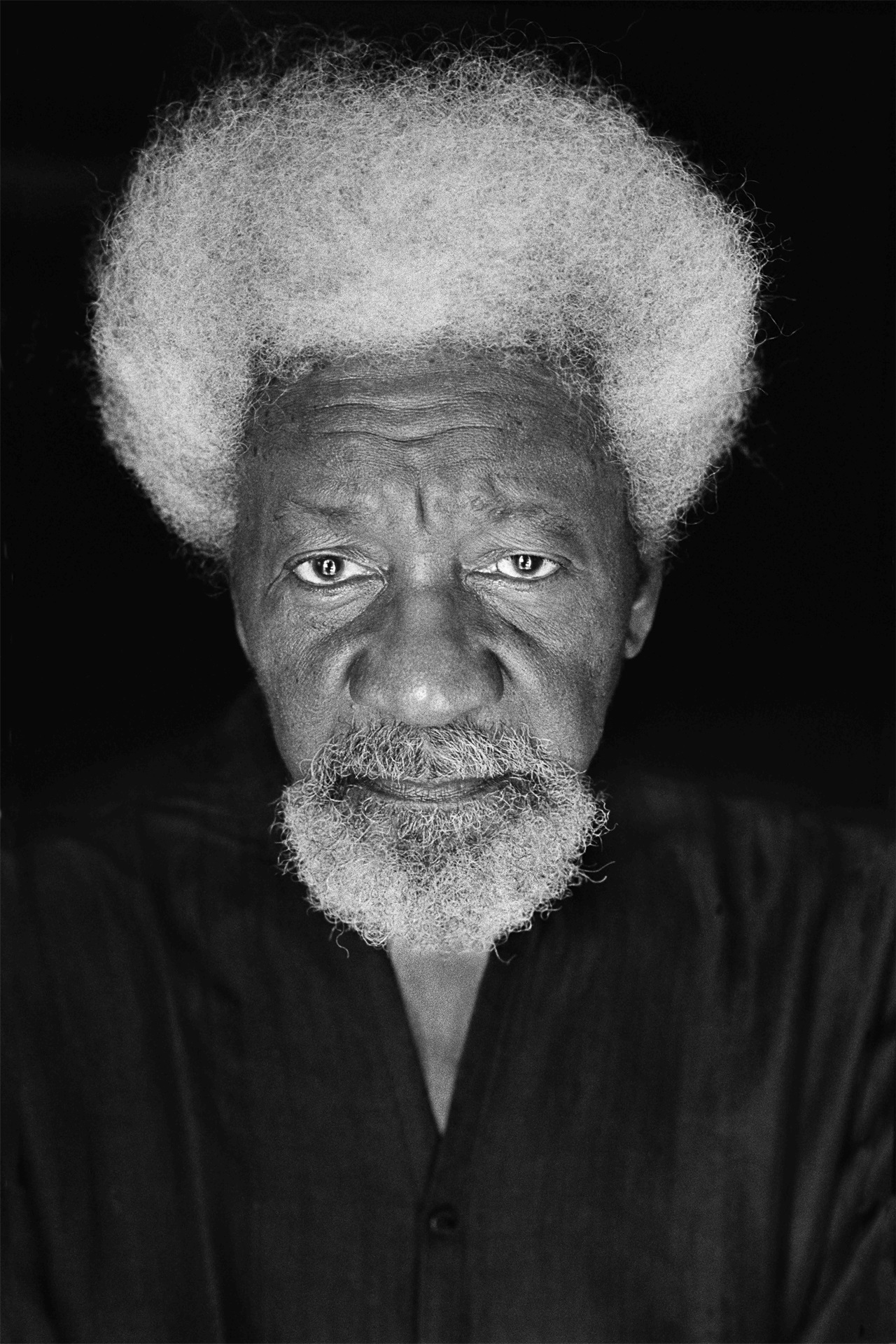
And in this case, beyond the human mind, beyond the human sensibility: what exists beyond it. And it's the same thing in relation to a tree. What exists beyond the tree? And so one posits for that tree new existences, new realities, and you can use the same methodology, the same approach to the conduct of human beings, especially when it comes to its power. What is it about that individual that makes an individual think that he or she has the right of control over other beings? This is how we say, from the art to the politics of existence,” Wole Soyinka concludes. Wole Soyinka (b. 1934, Nigeria) is a playwright, a novelist, and a poet and holds a Ph.D. at the University of Leeds. Soyinka has been a dramaturgist at the Royal Court Theatre in London between 1958 and 1959. In 1960, he was awarded a Rockefeller bursary and returned to Nigeria to study African drama. At the same time, he taught drama and literature at various universities in Ibadan, Lagos, and Ife, where, since 1975, he has been a professor of comparative literature. In 1960, he founded the theatre group "The 1960 Masks" and in 1964, the "Orisun Theatre Company", in which he produced his own plays and took part as an actor. During the civil war in Nigeria, Soyinka appealed in an article for a cease-fire. For this he was arrested in 1967, accused of conspiring with the Biafra rebels, and was held as a political prisoner for 22 months until 1969. Soyinka has published about 20 works: drama, novels, and poetry. Soyinka has written three novels, "The Interpreters" (1965), narratively, a complicated work which has been compared to Joyce's and Faulkner's, in which six Nigerian intellectuals discuss and interpret their African experiences, and "Season of Anomy" (1973) which is based on the writer's thoughts during his imprisonment and confronts the Orpheus and Euridice myth with the mythology of the Yoruba. In 2021 Soyinka released "Chronicles from the Land of the Happiest People on Earth" combining "elements of a murder mystery, a searing political satire and an Alice in Wonderland-like modern allegory of power and deceit" (Los Angeles Times). Wole Soyinka received the Nobel Prize in Literature in 1986 as the first Black African writer. Wole Soyinka was interviewed by Lotte Folke Kaarsholm at the Louisiana Literature Festival in August 2023, at the Louisiana Museum of Modern Art, Denmark.
Louisiana Channel
